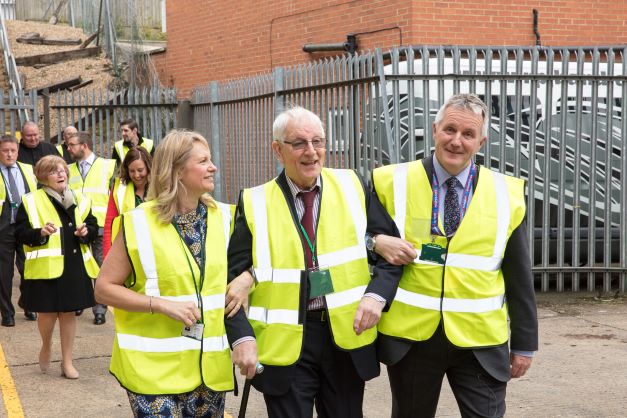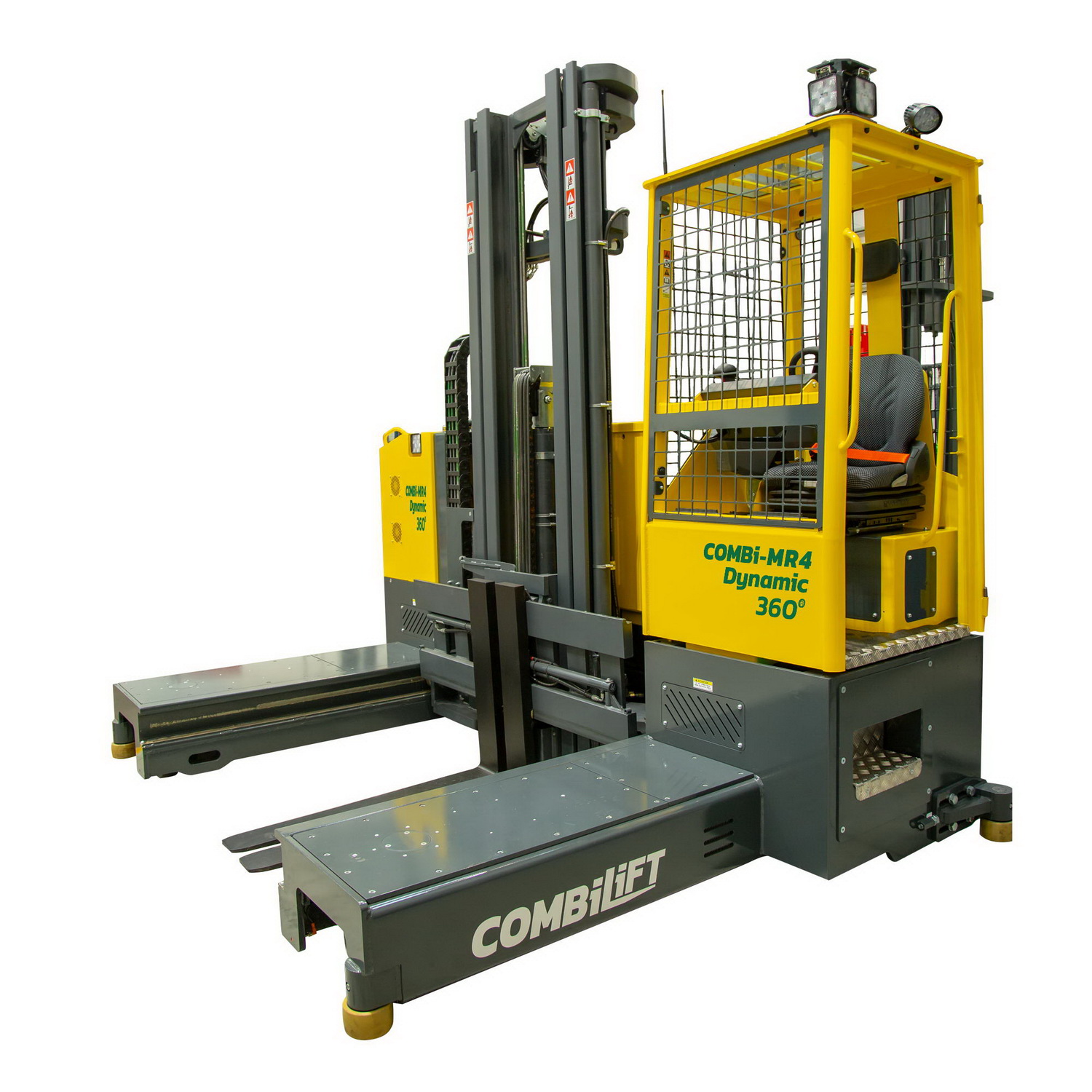EcoVadis has given Toyota Material Handling Europe the highest possible rating, Platinum, for the third year running. The sustainability assessment body recognised Toyota Material Handling Europe’s exceptional performance and transparency across four key appraisal areas, including labour and human rights, environment, ethics, and sustainable procurement.
More than 90,000 companies have undergone EcoVadis assessment, with Toyota Material Handling Europe ranking in the top 1% of all participants based on its aggregated score across the four metrics, achieving a Platinum rating as a result. Not only did Toyota Material Handling Europe meet the Platinum standard for the third year in a row, it also improved on its score from 2021, with an overall rating of 79 (up from 76).
In a further milestone for the company, 2022 marks the 10th anniversary of Toyota Material Handling Europe’s continuous assessment journey with EcoVadis. This focus on quantifying performance offers Toyota Material Handling Europe customers and partners maximum transparency on the company’s efforts and results across these key areas. This commitment to transparency is further reinforced by the fact that Toyota Material Handling Europe is assessed at both corporate and market level.
“Our mission is to generate a profit while respecting people and our planet,” commented Ernesto Domínguez, President and CEO Toyota Material Handling Europe. “As well as the corporate-level Platinum rating, five of our local entities also ranked in the top 1%, and 15 more ranked in the top 10% of 90,000 suppliers – showing how much responsible business practices are embedded at every level of our company. We will focus on making continuous improvements to retain our Platinum ratings in the years to come.”
Ambition grows in line with progress
Toyota Material Handling Europe has announced several sustainability milestones in the last year, including joining the UN Race To Zero and committing to Science Based Targets to bring its emissions in line with the Paris Agreement’s 1.5°C target, completing the switch to 100% renewable electricity, and announcing a 29% cut in overall emissions since 2012.
Its latest initiative is to introduce its proven sustainability methods externally with suppliers, using EcoVadis’s recently released carbon action module.
This assessment tool enables Toyota Material Handling Europe’s suppliers to complete their own assessment and receive a carbon rating. This rating is the outcome of a detailed analysis covering Scope 1, 2 and 3 emissions management, total energy consumption, and use of renewables.
Once the analysis is complete, the tool allows both the supplier and Toyota Material Handling Europe to work collaboratively to refine their strategies and improve from their emissions baseline.
This is expected to become a powerful tool in Toyota Material Handling Europe’s mission to reduce its Scope 3 emissions, incurred ‘upstream’ in its supply chain.
“Unlike most organisations, we communicated our target to reduce scope 3 emissions by 55% by 2031 at the same time as committing to develop our science-based targets,” said Domínguez. “We set our commitment based on the principle that we fully support the EU Fit for 55% agenda. We now have until October 2023 to work out with our customers, our suppliers and our 12,000 colleagues across Europe just how we will deliver our target to gain approval from the Science Based Targets Initiative.
“We achieve our high ratings through integrating sustainability into every part of our business, and we are looking forward to assisting our suppliers in adopting the same approach and meeting their own ambitious targets in line with ours.”






